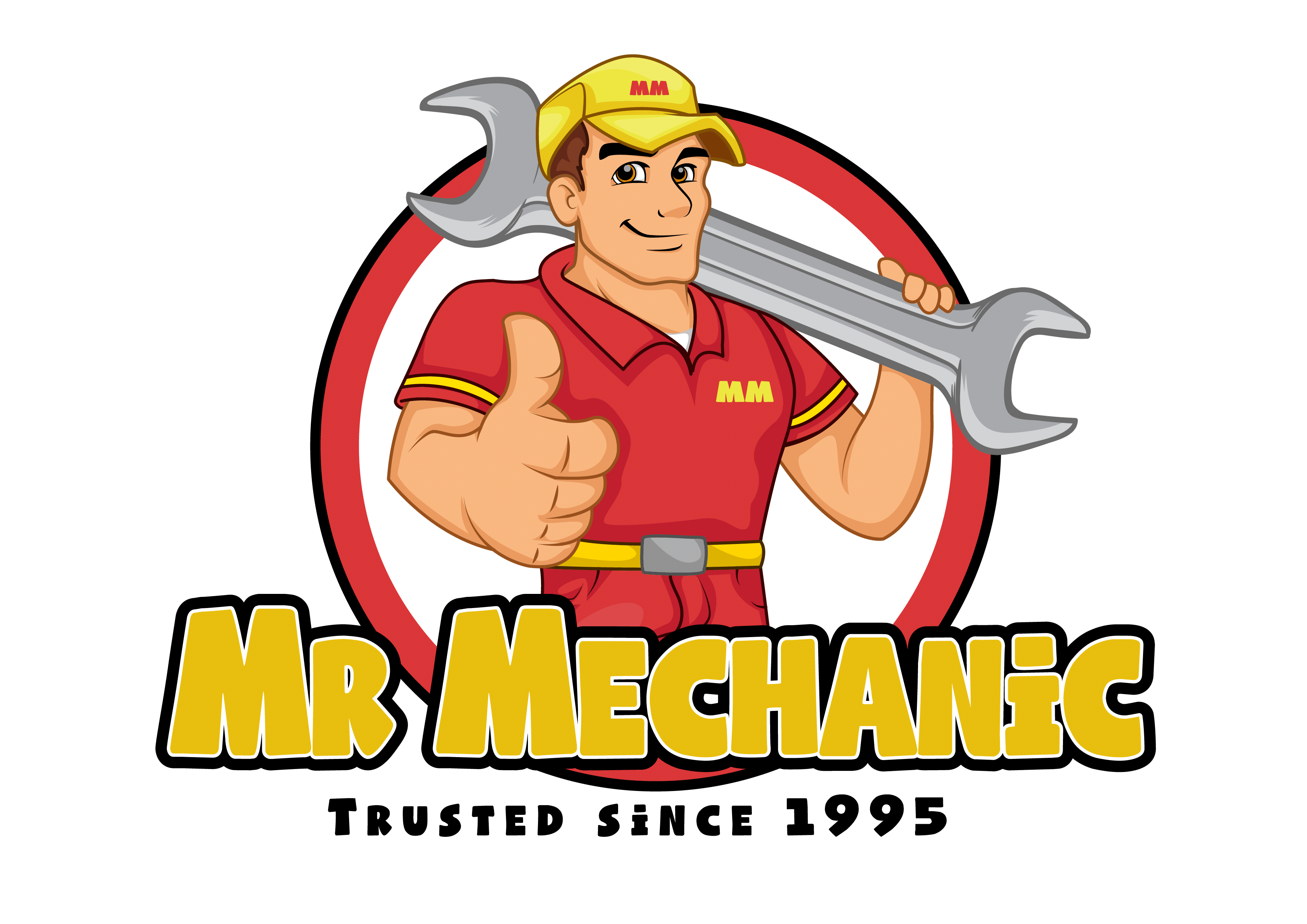Regular service and maintenance are important to keep your vehicle running smoothly and strongly. However, there are times that car issues will arise and will show certain warning signs. Although, it may seem like the best idea is to take a car to a mechanic. It is important to have a general idea as to what is wrong with the car before you take it in to reduce the potential for breakdown and expensive repairs.
We have listed some common vehicle problems along with related warning signs and what may be causing the issue.
 Squealing Noise
Squealing Noise
Squealing noises can be caused by various problems. If your car squeals during acceleration or deceleration, it’s probably a result of worn belts, or in some cases, problems with the brakes. Unless you are familiar with automobiles and have a very sharp ear, it might be hard to diagnose the problem that is causing the noise.
Rough Ride
Sounds aren’t the only indicators of brake problems. Bad brakes can manifest themselves as roughness in the way a car moves. This may be due to worn brake pads or warped rotors. Brakes are a part of the vehicle that experiences a lot of wear and tear. Checking the brakes and replacing pads is a component of regular car maintenance. The brake pads need to be replaced about every 25,000-75,000 miles depending on the construction. A good rule of thumb is to check them every 25,000 miles. Failing to change the brake pads could cause more serious problems like worn rotors.
Warning Lights
After you turn the key in your car’s ignition or press the starter button, dashboard lights in different colours will appear momentarily on the display behind your steering wheel. Their purpose is to inform you that the systems they relate to are working correctly. If one or more lights stay on when the engine is running, they’re indicating there’s a problem.
The first step is checking the owner’s manual. It should have a section explaining what each light on the dash means. You’ll learn whether it is a critical warning that requires immediate attention, or whether you have time to visit a local mechanic.
Problems Starting the Car
If your vehicle won’t start, it’s usually caused by a dying or dead battery, loose or corroded connection cables, a bad alternator, or an issue with the starter. It can be hard to determine if you’re dealing with a battery or an alternator problem. See the guide that can help
The car is silent when you turn the key in the ignition: Check the battery terminal cable connections. If they look really corroded, you need to clean the battery posts and cable connectors or replace the cables and try to start the engine.
The car makes a clicking noise but won’t start: This sound usually means a dead battery. If not, check the wiring to and from the starter for a loose connection.
The engine cranks over but won’t start: You may be out of fuel, or the fuel isn’t getting to your engine. If it’s not a fuel problem, the electrical spark isn’t getting through to the spark plugs.
The engine starts but dies: If you have fuel injection, you need professional help.
The car won’t start on rainy days: If you have a non-electronic ignition system or an electronic ignition with a distributor cap, check inside the cap for dampness.
This problem really requires an inspection by someone who understands your vehicle’s engine.
Clutch Not Working
While most vehicles out on the road today are automatics, there are still quite a few manual transmissions cruising the streets. When it comes to a manual transmission, one of the most important components is the clutch.
The clutch is made up of various mechanical parts and if any of them break, it will cause your clutch to stop working. This problem will be obvious right away; while you are in gear, it will feel like pushing your gas pedal isn’t enough to make your car move forward.
A slipping clutch is often the result of normal wear and tear. A jerky clutch could be from a loose clutch cover or the flywheel could be warped. Another common reason for clutch failure is a fluid leak somewhere in the system.
Air Conditioning Not Getting Cold
It is simple to diagnose an air conditioning problem. If something isn’t working properly the air won’t get cold. Hot air will circulate through the vehicle instead.
The most common causes of broken air conditioning are leaks or compressor issues. If your air is blowing cool but not cold, the problem could be a clogged filter, cooling fan problem, radiator trouble, or it could simply be that you need to recharge your AC.
Steering
Steering is a very important aspect of driving safely. When the steering isn’t as precise and responsive as before it needs to be addressed immediately. Most modern cars come equipped with power steering, but as systems age, they can wear out. Problems with alignment or the power steering pump can also cause the power steering system to stop working.
If you experience the following Difficulty in turning the wheel, Steering wheel vibration, Grinding noise when turning the steering wheel, and Screeching noise when you turn the wheel. Take it to a mechanic for inspection and repair. A mechanic can troubleshoot the problem to identify the exact cause.
Mr. Mechanic can come to you for any vehicle repair, service, roadworthy certificate, and inspection needs. Call us for a free quote!
